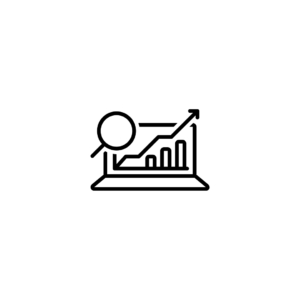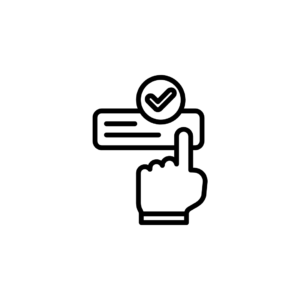Description
An Advanced Diploma in Bookkeeping is designed to equip students with the necessary skills and knowledge to manage financial records, maintain accounts, and understand accounting principles in a business context. This program typically focuses on practical applications of bookkeeping and prepares graduates for various roles in finance and accounting.
Course Details:
Duration: Usually 1 to 2 years, depending on the institution and whether the program is full-time or part-time.
Eligibility: Generally requires a high school diploma or equivalent; prior coursework or experience in mathematics or finance may be beneficial.
Mode of Study: Offered in full-time, part-time, or online formats, often blending theoretical instruction with practical exercises.
Curriculum:
The curriculum for an Advanced Diploma in Bookkeeping typically includes the following key components:
1. Introduction to Bookkeeping
Basic Accounting Principles: Understanding fundamental concepts such as double-entry accounting, debits, and credits.
Financial Statements: Learning how to prepare and interpret key financial statements, including the balance sheet, income statement, and cash flow statement.
2. Accounting Software Applications
Software Proficiency: Training in popular accounting software (e.g., QuickBooks, Xero, MYOB) to manage financial records effectively.
Data Management: Understanding how to enter, modify, and retrieve financial data using accounting software.
3. Recording Financial Transactions
Journal Entries: Learning how to accurately record daily financial transactions in journals and ledgers.
Bank Reconciliation: Techniques for reconciling bank statements with internal records to ensure accuracy.
4. Payroll Processing
Payroll Fundamentals: Understanding payroll calculations, including wages, deductions, and tax withholdings.
Legislation Compliance: Familiarization with relevant laws and regulations governing payroll processes.
5. Taxation Basics
Introduction to Taxation: Overview of the tax system, including income tax, sales tax, and GST/VAT.
Tax Preparation: Learning how to prepare and file tax returns for individuals and businesses.
6. Financial Reporting
Budgeting and Forecasting: Techniques for creating budgets and financial forecasts to support business planning.
Internal Reporting: Understanding how to generate and present internal financial reports for decision-making.
7. Accounting Ethics and Standards
Ethical Practices: Discussion of ethical issues in accounting and the importance of integrity in financial reporting.
Understanding Accounting Standards: Familiarization with relevant accounting frameworks (e.g., GAAP or IFRS).
8. Advanced Bookkeeping Techniques
Inventory Management: Techniques for managing inventory and understanding cost of goods sold (COGS).
Accounts Receivable and Payable: Managing customer invoices and vendor bills effectively.
9. Capstone Project
Practical Application: A project that allows students to apply their skills in a real-world bookkeeping scenario, demonstrating their understanding of the entire bookkeeping process.
Assessment:
Assessment methods for this program may include:
Written Exams: Testing theoretical knowledge of accounting principles and bookkeeping practices.
Practical Assignments: Completing exercises and projects that demonstrate proficiency in bookkeeping tasks.
Team Projects: Collaborating on projects to simulate real-world bookkeeping challenges.
Career Opportunities:
Graduates of an Advanced Diploma in Bookkeeping can pursue various roles in finance and accounting, including:
Bookkeeper: Managing day-to-day financial transactions and maintaining accurate financial records for businesses.
Accounting Clerk: Assisting with accounts payable and receivable, financial reporting, and recordkeeping.
Payroll Specialist: Processing payroll and ensuring compliance with tax regulations and labor laws.
Tax Preparer: Assisting individuals and businesses with tax filing and compliance issues.
Financial Analyst: Analyzing financial data to provide insights and recommendations for business decision-making.
This advanced diploma program equips students with the skills and knowledge necessary for success in the accounting and bookkeeping profession, allowing them to contribute effectively to the financial management of organizations. If you have more questions or need specific information about the program, feel free to ask!









